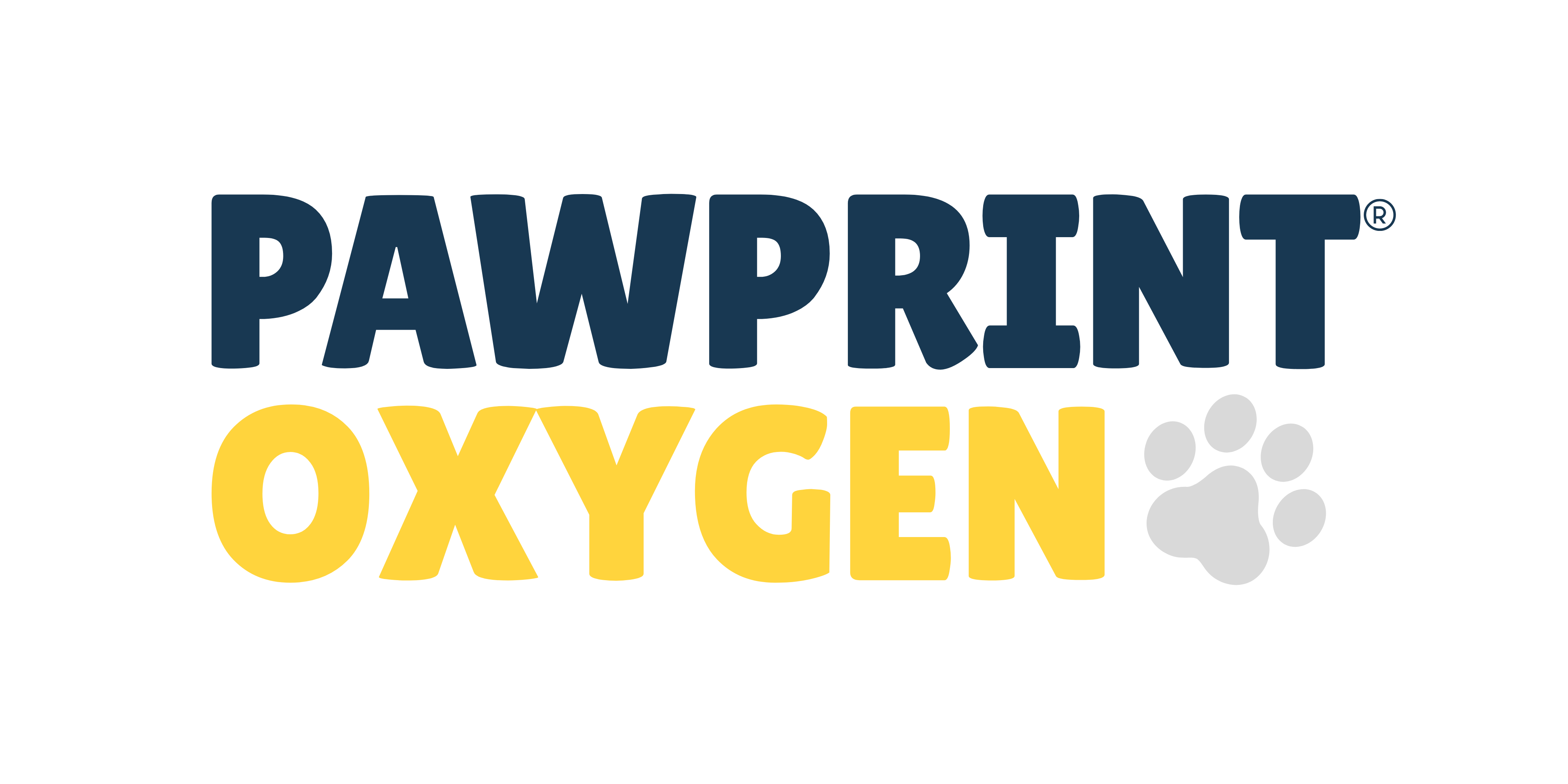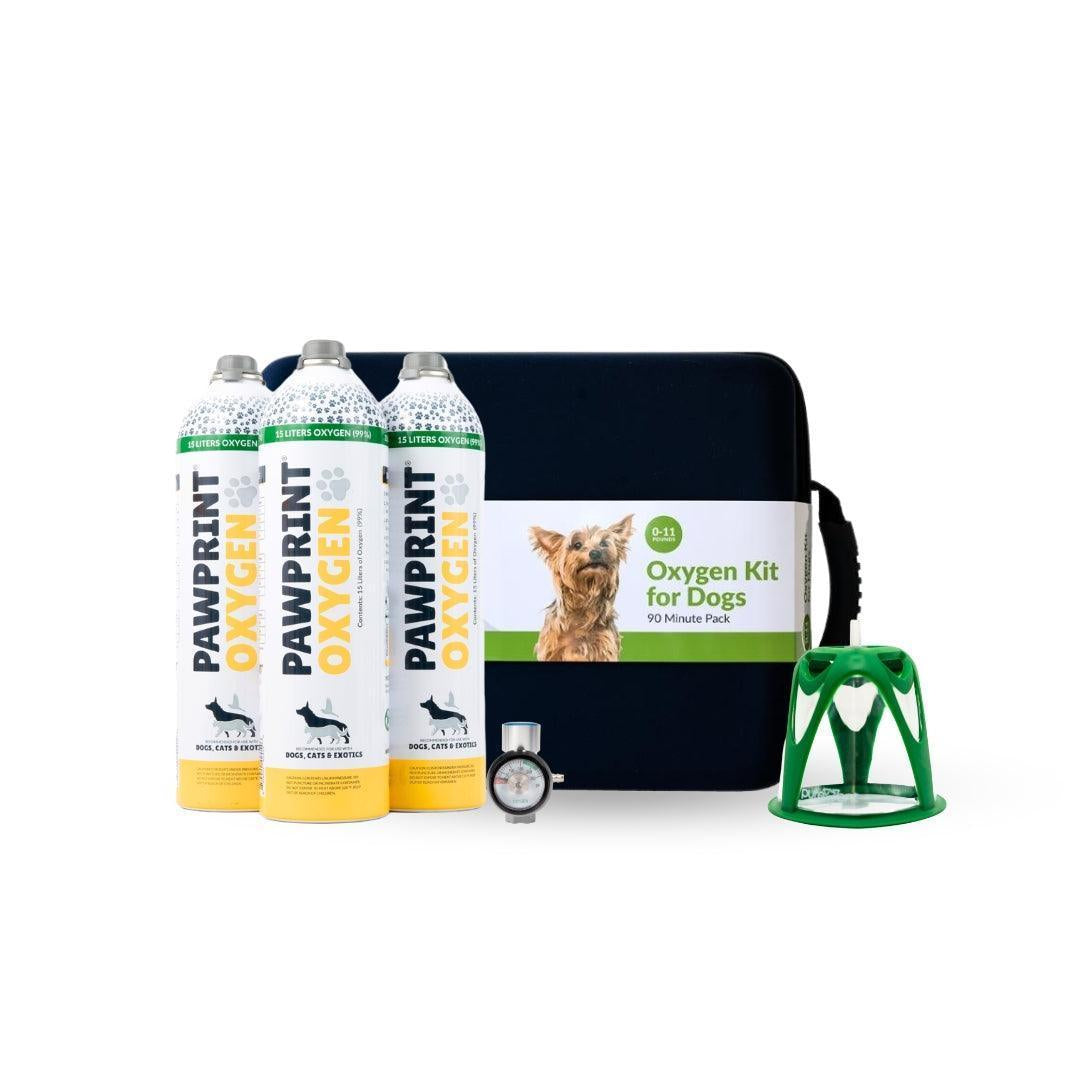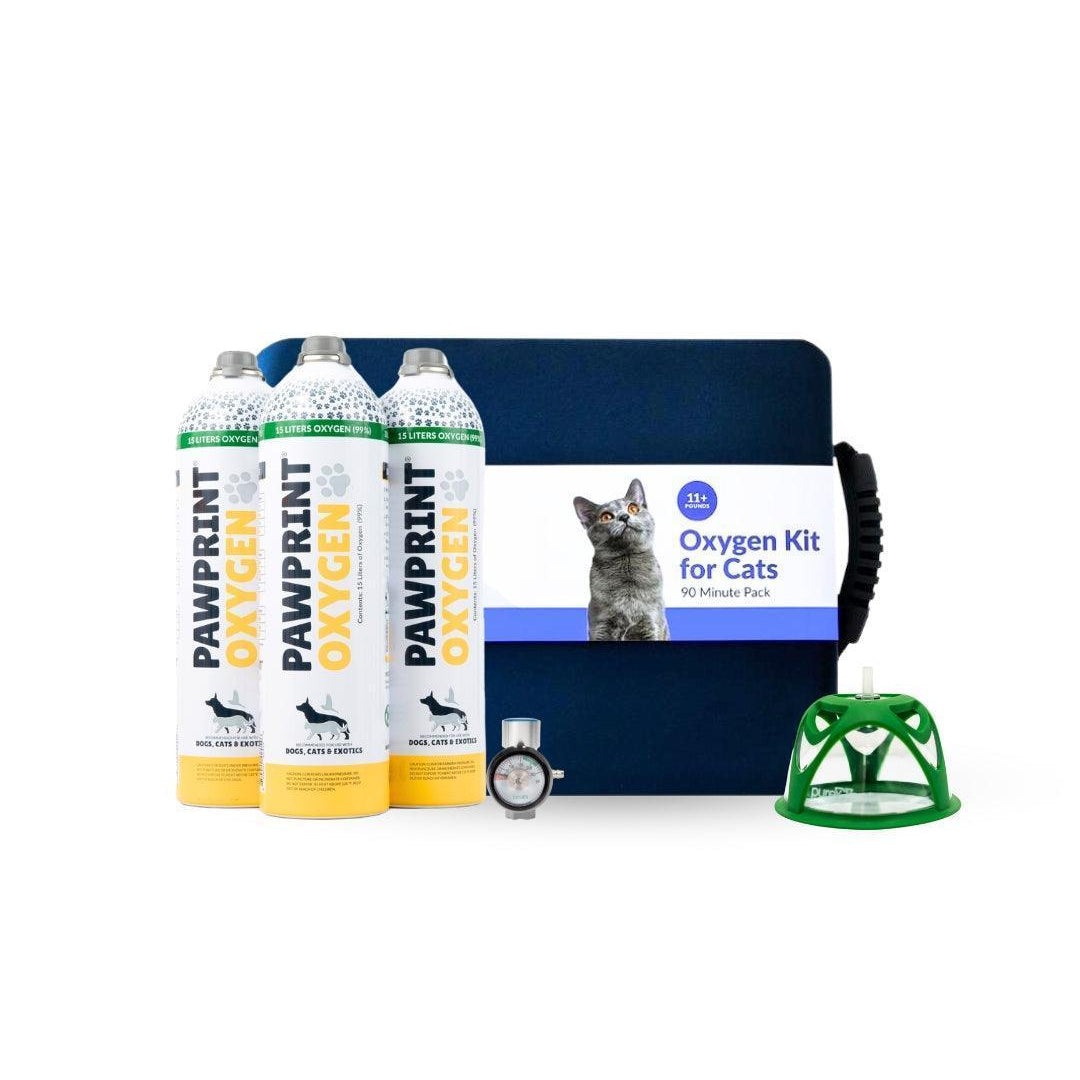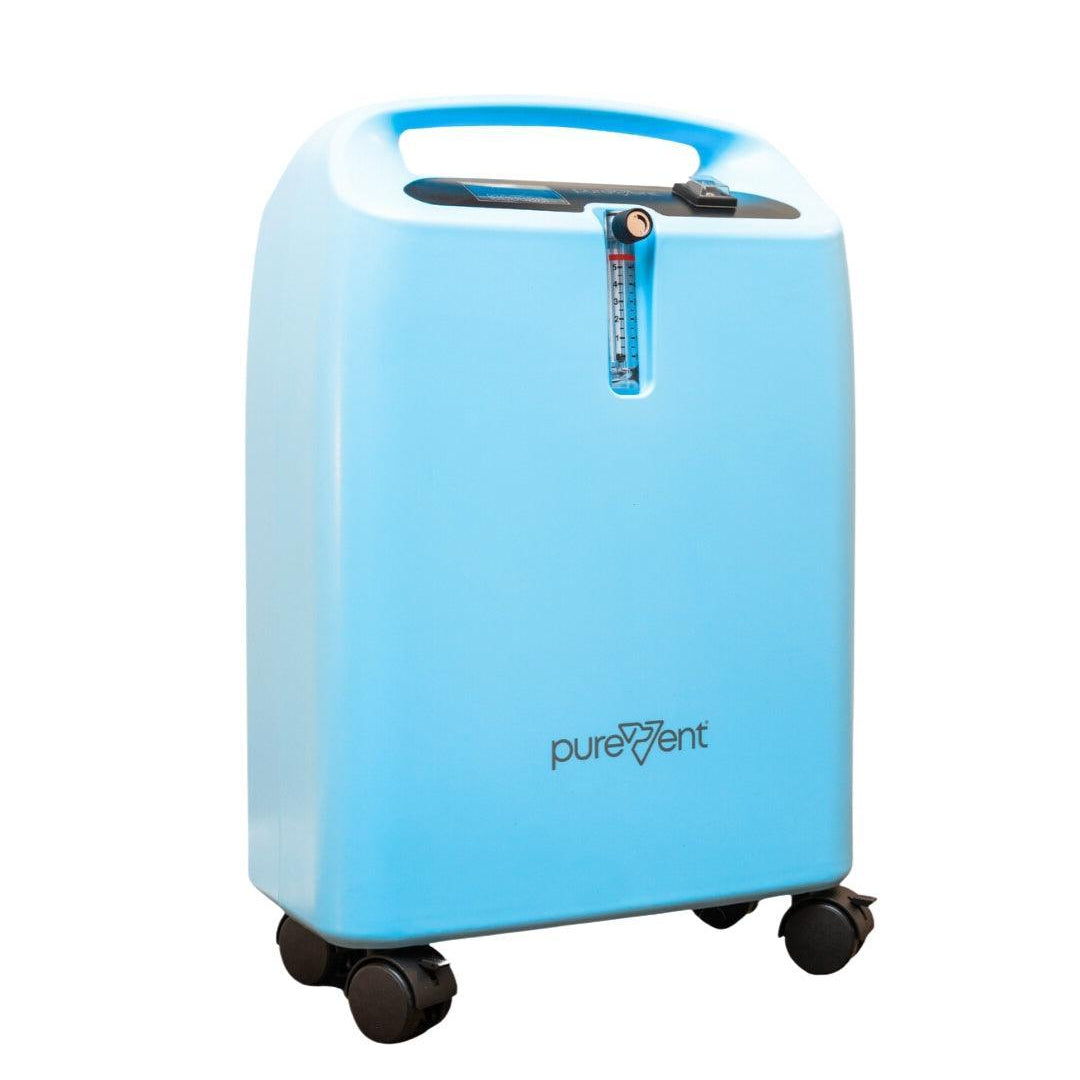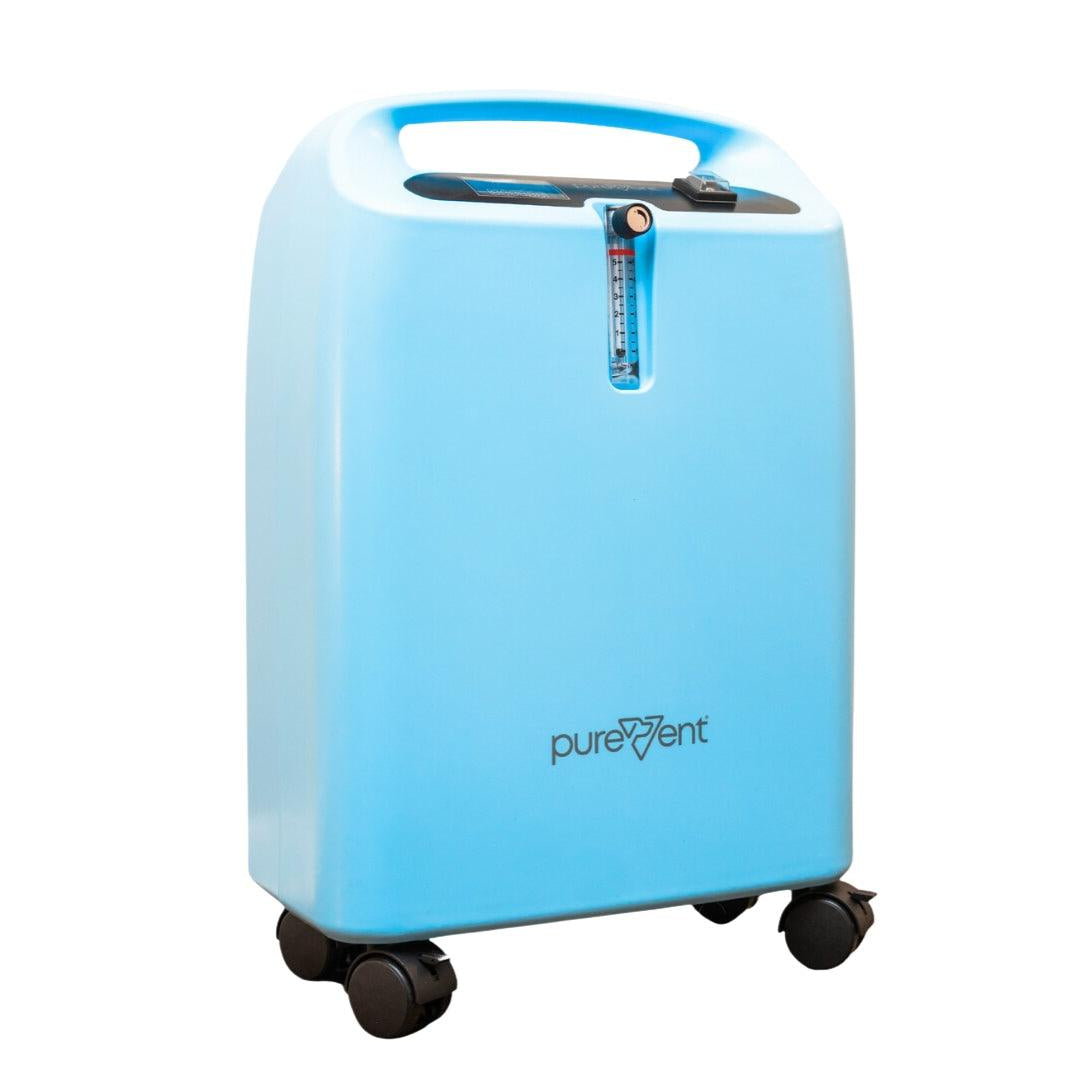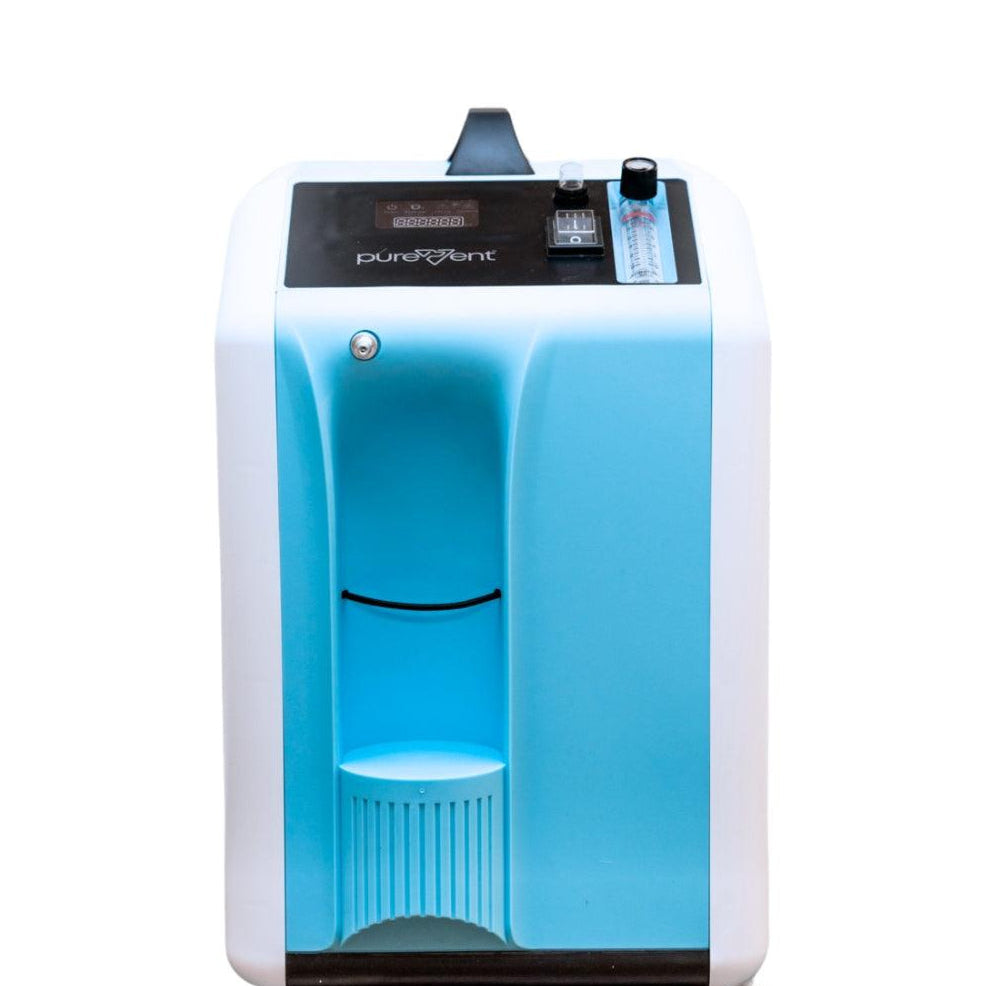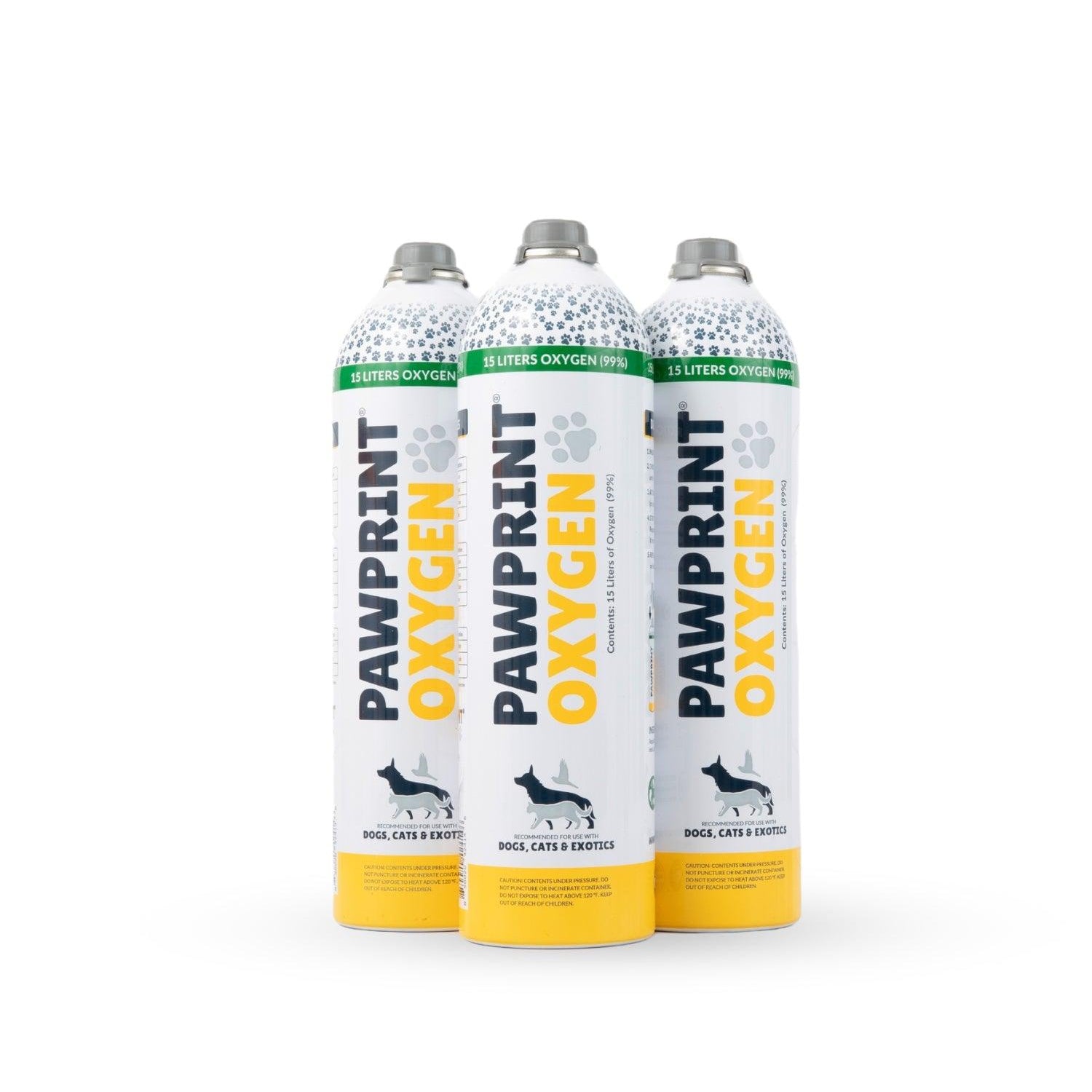In recent years, grain free diets have surged in popularity among dog owners, often chosen for their perceived health benefits and the belief that they align more closely with a dog's natural diet. Many pet parents have turned to these diets, hoping to avoid common allergens or simply to provide what they believe to be a more wholesome, natural option for their furry companions. However, as these diets have become more widespread, so too have concerns about their potential link to serious health issues, particularly heart problems in dogs.
The discussion has become especially heated following reports and studies suggesting a connection between grain free diets and a condition known as dilated cardiomyopathy (DCM), a disease that affects the heart muscle. These reports have left many dog owners questioning whether they might be inadvertently harming their pets by choosing grain free options.
In this article, we will delve into the evidence surrounding this topic, examining what is currently known about the relationship between grain free diets and heart health in dogs. Our goal is to provide dog owners with the information they need to make informed decisions about their pets' diets, ensuring their beloved companions remain healthy and happy.
Table of Contents

Understanding Dilated Cardiomyopathy (DCM) in Dogs
What is Dilated Cardiomyopathy (DCM)?
Dilated cardiomyopathy (DCM) is a serious heart condition that affects the heart muscle, causing it to become weak, enlarged, and unable to contract effectively. In dogs with DCM, the heart's ability to pump blood is diminished, leading to an overall decrease in cardiac function. Over time, this can result in congestive heart failure, where the heart is unable to supply enough blood to meet the body's needs.
The impact of DCM on a dog's health can be profound. Common symptoms include lethargy, difficulty breathing, coughing, fainting, and a decrease in appetite. In severe cases, dogs may experience sudden collapse or even sudden death. Because the symptoms can develop gradually, DCM is often not detected until the disease has significantly progressed, making early diagnosis and treatment crucial.
Genetic vs. Dietary Causes of DCM
Traditionally, DCM has been understood as a genetic condition, with certain dog breeds being more predisposed to developing the disease. Breeds such as Doberman Pinschers, Boxers, and Great Danes are well-known for their higher risk of DCM due to inherited genetic factors. In these cases, the disease is usually linked to specific genetic mutations that affect the heart muscle's structure and function.
However, recent research has introduced the possibility that diet, particularly grain free diets, could also play a role in the development of DCM, even in breeds not typically predisposed to the condition. This form of DCM, often referred to as " nutritional DCM ," has been observed in dogs consuming diets that are high in legumes or potatoes and low in traditional grains. The exact mechanism behind this link is still under investigation, but it has raised significant concerns among veterinarians and dog owners alike.
The growing body of evidence suggests that while genetics remains a key factor in many cases of DCM, diet may also contribute to the condition, particularly in cases where dogs are fed grain free diets that may lack certain essential nutrients. Understanding the potential impact of diet on heart health is essential for making informed choices about what to feed your dog, especially if they are at risk for DCM.
Portable Oxygen Kit for Dogs
Pawprint Oxygen's Portable Oxygen Kits for Dogs are designed to help your dog exactly when they need it. You can administer on-the-spot oxygen or oxygen in transport while on your way to emergency care. Dogs needing this rescue kit would likely suffer from more acute health conditions like seizures or be in a high-risk category that you'd like to keep a kit on hand to transport them with.
The Rise of Grain Free Diets in Dogs
Over the past decade, grain free diets have become one of the fastest-growing segments in the pet food market. Many dog owners have been drawn to these diets by a combination of marketing, perceived health benefits, and concerns over food allergies or sensitivities in their pets. Grain free foods are often marketed as a more natural and wholesome alternative to traditional dog foods, appealing to the belief that dogs, as descendants of wolves, should eat diets closer to what their ancestors might have consumed in the wild—namely, a diet rich in meat and devoid of grains.

One of the primary reasons dog owners opt for grain free diets is the belief that grains, such as wheat, corn, and soy, are common allergens or are difficult for dogs to digest. Although true grain allergies in dogs are relatively rare, the perception that grain free diets are healthier or better suited to a dog’s nutritional needs has persisted. Additionally, the idea that grains are simply "fillers" in dog food has led many owners to seek out alternatives that emphasize high protein content and the absence of grains.
As a result, the grain free pet food market has seen significant growth, with numerous brands offering a wide variety of grain free products. These diets are often positioned as premium products, contributing to their popularity among pet owners who want the best for their dogs.
Common Ingredients in Grain Free Diets
Grain free dog foods typically replace grains with other carbohydrate sources. The most common ingredients found in these diets include:
- Legumes : Such as peas, lentils, and chickpeas. These are often used as a primary source of protein and carbohydrates.
- Potatoes and Sweet Potatoes : Frequently used as a carbohydrate source in place of grains.
- Tapioca : Derived from cassava, tapioca is another common grain substitute found in these diets.
-
Alternative Flours : Such as chickpea flour, lentil flour, and pea flour, which are used in place of traditional grain flours.
In contrast, traditional dog foods typically include grains such as:
- Wheat
- Corn
- Barley
- Rice
-
Oats
These grains serve as the primary carbohydrate source and, in some cases, provide additional fiber and essential nutrients. They are also generally more cost-effective, which is why they are prevalent in many commercial dog foods.
The shift from grains to alternative ingredients in grain free diets has sparked a debate about the nutritional adequacy of these foods, particularly concerning their impact on heart health. While legumes and other substitutes offer some nutritional benefits, there is growing concern that they may not provide the same balance of nutrients as grains, potentially contributing to health issues like DCM. As the popularity of grain free diets continues to rise, it becomes increasingly important to understand the implications of these ingredient choices for your dog’s overall health.
Investigations and Studies on Grain Free Diets and Dilated Cardiomyopathy
The FDA Investigation
In 2018, the U.S. Food and Drug Administration (FDA) began investigating reports of a possible connection between grain free diets and a rise in cases of DCM in dogs. This investigation was sparked by a notable increase in the number of dogs diagnosed with DCM, particularly in breeds not typically predisposed to the condition. Many of these dogs were reported to have been consuming diets labeled as "grain free," leading to concerns that these diets might be contributing to the development of DCM.
The FDA's investigation has focused on dog foods that are marketed as grain free and contain high levels of peas, lentils, chickpeas, and various types of potatoes as primary ingredients. The agency has collected and analyzed data from hundreds of cases, looking for patterns and common factors among the affected dogs. While the investigation is ongoing, the FDA has noted that many of the reported cases of DCM involved dogs that were eating diets rich in legumes or potatoes.
So far, the FDA has not issued definitive conclusions about the cause of these cases, but the agency has highlighted the potential risk and encouraged pet owners and veterinarians to report any suspected cases of diet-related DCM. The ongoing nature of this research underscores the complexity of the issue, as the FDA continues to work with veterinary cardiologists, nutritionists, and other experts to better understand the relationship between diet and heart health in dogs.
Scientific Studies and Evidence
Several scientific studies have been conducted to explore the potential link between grain free diets and DCM in dogs. While these studies have provided valuable insights, they also highlight the need for further research to fully understand the connection.
- Taurine Deficiency and DCM : One line of investigation has focused on the role of taurine, an amino acid essential for heart health. Some studies have found that dogs on grain free diets may be more prone to taurine deficiency, which has been linked to the development of DCM. However, not all cases of DCM in dogs on grain free diets are associated with low taurine levels, suggesting that other factors may also be at play.
- Ingredient Analysis : Researchers have also examined the specific ingredients in grain free diets that could be contributing to DCM. Studies have looked at the nutritional profiles of these diets, particularly those high in legumes, to determine if they lack certain nutrients or if the ingredients might interfere with nutrient absorption. Some findings suggest that these diets might lead to imbalances in essential amino acids, vitamins, or minerals, which could compromise heart health.
-
Breed-Specific Studies : Certain breeds, like Golden Retrievers and Doberman Pinschers, have been the focus of specific studies due to their higher incidence of DCM. These studies have explored whether grain free diets exacerbate the risk of DCM in these breeds, providing more detailed insights into how diet and genetics might interact.
Despite these findings, there are limitations to the current research. Many of the studies have involved small sample sizes, making it difficult to draw broad conclusions. Additionally, the diversity of grain free diets on the market, each with different formulations and ingredient combinations, complicates efforts to identify a single cause. As a result, much of the evidence is still correlational, meaning that while a connection has been observed, a direct cause-and-effect relationship has not been definitively proven.
Given these limitations, there is a clear need for more comprehensive research to fully understand the potential risks of grain free diets. Until more conclusive evidence is available, pet owners and veterinarians must weigh the current findings carefully and consider them when making dietary decisions for their dogs.
Possible Mechanisms Behind the Link Of A Grain Free Diet and Heart Problems
Taurine Deficiency
Taurine is an amino acid that plays a crucial role in maintaining heart health, particularly in dogs. It is involved in a range of physiological processes, including bile salt formation, retinal function, and, importantly, the regulation of heart muscle function. A deficiency in taurine has been strongly linked to the development of dilated cardiomyopathy (DCM), as it can lead to weakened heart muscles and impaired cardiac function.
Grain free diets have come under scrutiny because some studies suggest they might contribute to taurine deficiency in dogs. These diets often rely heavily on legumes and other non-traditional ingredients, which may lack sufficient levels of taurine, or the precursors needed for the body to synthesize taurine.
Additionally, some of the ingredients commonly found in grain free diets might affect the way taurine is metabolized or absorbed, potentially leading to a deficiency over time. While not all cases of DCM linked to grain free diets involve low taurine levels, the association has raised concerns about whether these diets provide adequate support for heart health.
Nutrient Imbalance
Another possible mechanism connecting grain free diets to heart problems in dogs is the potential for nutrient imbalances. When grains are removed from a diet, they are often replaced with alternative carbohydrate sources like peas, lentils, chickpeas, and potatoes. While these ingredients can provide energy and some nutrients, they may not offer the same balanced nutritional profile as grains.
For example, grains are a source of essential nutrients such as fiber, vitamins, and minerals, including magnesium and selenium, which are important for overall health and heart function. The replacement of grains with legumes and other ingredients might lead to deficiencies in these key nutrients. Additionally, some grain free diets are higher in certain amino acids, which could disrupt the delicate balance required for optimal heart health.
The potential for nutrient imbalance in grain free diets underscores the importance of ensuring that any diet fed to dogs is nutritionally complete and balanced. This can be particularly challenging with diets that deviate from traditional formulations, as they may inadvertently omit or underdeliver certain vital nutrients.
What kind of diet is best for a dog with DCM?
A diet tailored for a dog with dilated cardiomyopathy (DCM) focuses on supporting heart health, providing essential nutrients, and preventing deficiencies that can worsen the condition. Some key components of a heart-healthy diet for dogs with DCM include:
- A high-quality, balanced diet that meets AAFCO standards.
- Supplementation with taurine, L-carnitine, and omega-3 fatty acids as needed.
- Low-sodium formulations to reduce fluid buildup.
- Inclusion of heart-supporting nutrients like CoQ10 and B vitamins.
- Avoidance of grain free diets unless prescribed by your veterinarian.
Can I administer oxygen at home during emergencies caused by DCM?
Yes, you can administer oxygen at home during emergencies caused by dilated cardiomyopathy (DCM), and it can provide significant relief for dogs having trouble breathing or distress due to heart failure. Administering oxygen at home is particularly useful during acute episodes where your dog is struggling to get enough oxygen into their system.
Oxygen therapy is beneficial in situations such as:
- Severe breathing difficulties (labored, rapid, or open-mouth breathing).
- Cyanosis (bluish or pale gums, indicating poor oxygenation).
- Acute respiratory distress due to fluid buildup in the lungs (pulmonary edema).
- Episodes of fainting or collapse caused by insufficient blood and oxygen flow to the brain.
In these moments, oxygen can stabilize your dog until you can get to a veterinary clinic for further care.
Is DCM linked to diet? Should I avoid grain free food?
There is growing evidence suggesting a potential link between certain grain free diets and dilated cardiomyopathy (DCM) in dogs. While the exact cause is still being studied, some grain free diets, particularly those high in legumes, peas, lentils, and potatoes, have been associated with an increase in diet-related DCM in dogs not typically predisposed to the condition.
While more research is needed to fully understand the relationship between grain free diets and DCM, the current evidence suggests avoiding grain free diets unless medically necessary. Providing a well-balanced diet from reputable brands and consulting with your veterinarian can help protect your dog’s heart health and reduce the risk of diet-related DCM.
Ingredient Interference
Another theory suggests that specific ingredients in grain free diets might interfere with the absorption or metabolism of critical nutrients necessary for heart health. For example, some legumes contain compounds known as anti-nutrients, which can inhibit the absorption of essential minerals like zinc and magnesium. These minerals play a key role in many physiological processes, including those that support a healthy heart.
Additionally, it has been suggested that the high fiber content of legumes might bind to taurine and its precursors, preventing their absorption in the digestive tract. This could potentially lead to a reduction in the availability of taurine for the body, even if the diet itself contains adequate levels.
Moreover, the use of multiple legume-based ingredients in a single diet could amplify these effects, leading to cumulative nutritional deficits that impact heart function. While more research is needed to fully understand these interactions, the possibility that certain ingredients could hinder the body's ability to maintain heart health adds another layer of complexity to the issue.
These potential mechanisms—taurine deficiency, nutrient imbalance, and ingredient interference—highlight the challenges of formulating grain free diets that are both safe and nutritionally adequate. As the debate continues, it becomes increasingly important for pet owners to be aware of these concerns and to work closely with their veterinarians when choosing a diet for their dogs.

Breeds at Higher Risk Of Developing Heart Problems From A Grain Free Diet
Breeds Predisposed to DCM
Dilated cardiomyopathy is a condition that has long been associated with certain dog breeds due to genetic predispositions. These breeds have a higher likelihood of developing DCM regardless of their diet, owing to inherited genetic mutations that affect the heart muscle's structure and function. Some of the breeds most associated with a genetic predisposition to DCM include:
- Doberman Pinschers
- Boxers
- Great Danes
- Irish Wolfhounds
- Newfoundlands
- Saint Bernards
- Cocker Spaniels
These breeds have been extensively studied in relation to DCM, with researchers identifying specific genetic markers that increase their risk of developing the condition. For instance, Doberman Pinschers are particularly well-known for their susceptibility to DCM, with studies indicating that a significant percentage of this breed may be affected by the disease during their lifetime.
Higher Incidence of DCM Linked to Grain Free Diets
While the above breeds are genetically predisposed to DCM, recent reports have indicated that the incidence of DCM has also risen in breeds that are not typically associated with this condition. This trend has been particularly noted in dogs fed grain free diets, leading to concerns that these diets may be contributing to an increased risk of DCM in non-predisposed breeds.
Breeds that have shown a higher incidence of DCM linked to grain free diets include:
- Golden Retrievers
- Labrador Retrievers
- Miniature Schnauzers
- Shih Tzus
- Whippets
- Mixed-breed dogs
Golden Retrievers have been the focus of many studies due to a marked increase in DCM cases among those fed grain free diets. Research has shown that some Golden Retrievers on grain free diets developed taurine deficiency, which is closely associated with the development of DCM. This finding has raised alarms, as Golden Retrievers are not typically considered at high genetic risk for the disease.
Similarly, other breeds that are not traditionally linked to DCM, such as Labrador Retrievers and Miniature Schnauzers, have also been reported to develop the condition while on grain free diets. The appearance of DCM in these breeds suggests that dietary factors, rather than genetics alone, may be playing a significant role in the onset of the disease.
The fact that mixed-breed dogs have also been affected further complicates the issue, as it indicates that DCM linked to grain free diets is not confined to specific breeds but may be a broader concern affecting a wide range of dogs.
These observations emphasize the importance of considering both genetic and dietary factors when evaluating a dog's risk for DCM. While genetic predisposition remains a critical element, the potential impact of diet, particularly grain free diets, cannot be overlooked. Pet owners with dogs from breeds predisposed to DCM, or those feeding grain free diets, should be especially vigilant and consult with their veterinarian to ensure their dog's diet is supporting optimal heart health.
Current Dietary Recommendations for Dog Owners
Veterinary Guidance
If you are considering a grain free diet for your dog or are already feeding one, it’s essential to consult your veterinarian, particularly if your dog belongs to a breed that is predisposed to dilated cardiomyopathy. Your veterinarian can provide personalized advice based on your dog’s breed, age, health status, and any existing medical conditions. They can help assess whether a grain free diet is appropriate and discuss any potential risks associated with it. For dogs that are at a higher risk of DCM, your veterinarian may recommend alternative dietary options or additional supplements to support heart health.
Given the ongoing research and emerging concerns about the link between grain free diets and heart problems, it’s important to approach any dietary changes with caution. Your veterinarian is the best resource to guide you in making informed decisions that prioritize your dog’s overall well-being.
Dietary Considerations
When choosing a diet for your dog, it’s crucial to ensure that it is balanced, complete and meets all their nutritional needs. A balanced diet should include an appropriate mix of protein, fat, carbohydrates, vitamins, and minerals. While grain free diets can be formulated to be nutritionally adequate, they are not inherently superior to diets that include grains.
If your dog does not have a diagnosed grain allergy or intolerance, there may be no need to eliminate grains from their diet. In fact, grains such as rice, oats, and barley can provide valuable nutrients, including fiber and essential vitamins. For dogs that do require a grain free diet, be sure to select high-quality products that are formulated to meet the nutritional standards established by organizations like the Association of American Feed Control Officials (AAFCO).
You may also want to consider alternative diets that include grains or other carbohydrate sources to reduce the potential risk associated with grain free foods. If you’re unsure about the best dietary approach for your dog, your veterinarian can help you navigate the options and choose a diet that supports your dog’s health.
Monitoring and Testing
For dogs that are currently on a grain free diet, regular health check-ups and heart monitoring are vital. Early detection of any signs of DCM or other heart-related issues can significantly improve outcomes through timely intervention. Your veterinarian may recommend routine testing, such as echocardiograms or blood tests to monitor taurine levels, particularly for breeds at higher risk of DCM or dogs showing any symptoms of heart problems.
Monitoring your dog’s overall health, including their weight, energy levels, and any changes in behavior, is also important. If you notice any signs of lethargy, coughing, difficulty breathing, or other symptoms associated with heart disease, contact your veterinarian immediately.
By staying proactive with regular veterinary visits and appropriate testing, you can help ensure that your dog’s heart remains healthy, regardless of their diet. Collaboration with your veterinarian is key to making informed decisions that support your dog’s long-term health and happiness.
Making Informed Choices for Your Dog’s Diet
As we’ve explored in this article, the potential link between grain free diets and heart problems in dogs, particularly DCM, is a topic of growing concern. While grain free diets have become popular for their perceived benefits, recent investigations and studies suggest that they may not be suitable for all dogs, especially those at risk for DCM. We’ve examined the possible mechanisms behind this connection, from taurine deficiency to nutrient imbalances, and the importance of understanding the specific needs of different breeds.
When it comes to your dog’s diet, making informed choices is crucial. Consulting with your veterinarian, considering the potential risks of grain free diets, and ensuring that your dog’s nutritional needs are fully met are all essential steps in safeguarding their health. Remember, a balanced diet is key to maintaining not just heart health but overall well-being.
As research continues to evolve, it’s important for dog owners to stay updated on the latest findings and recommendations. By remaining proactive and informed, you can make the best decisions for your dog’s dietary needs and help ensure they live a long, healthy life with a strong heart.
